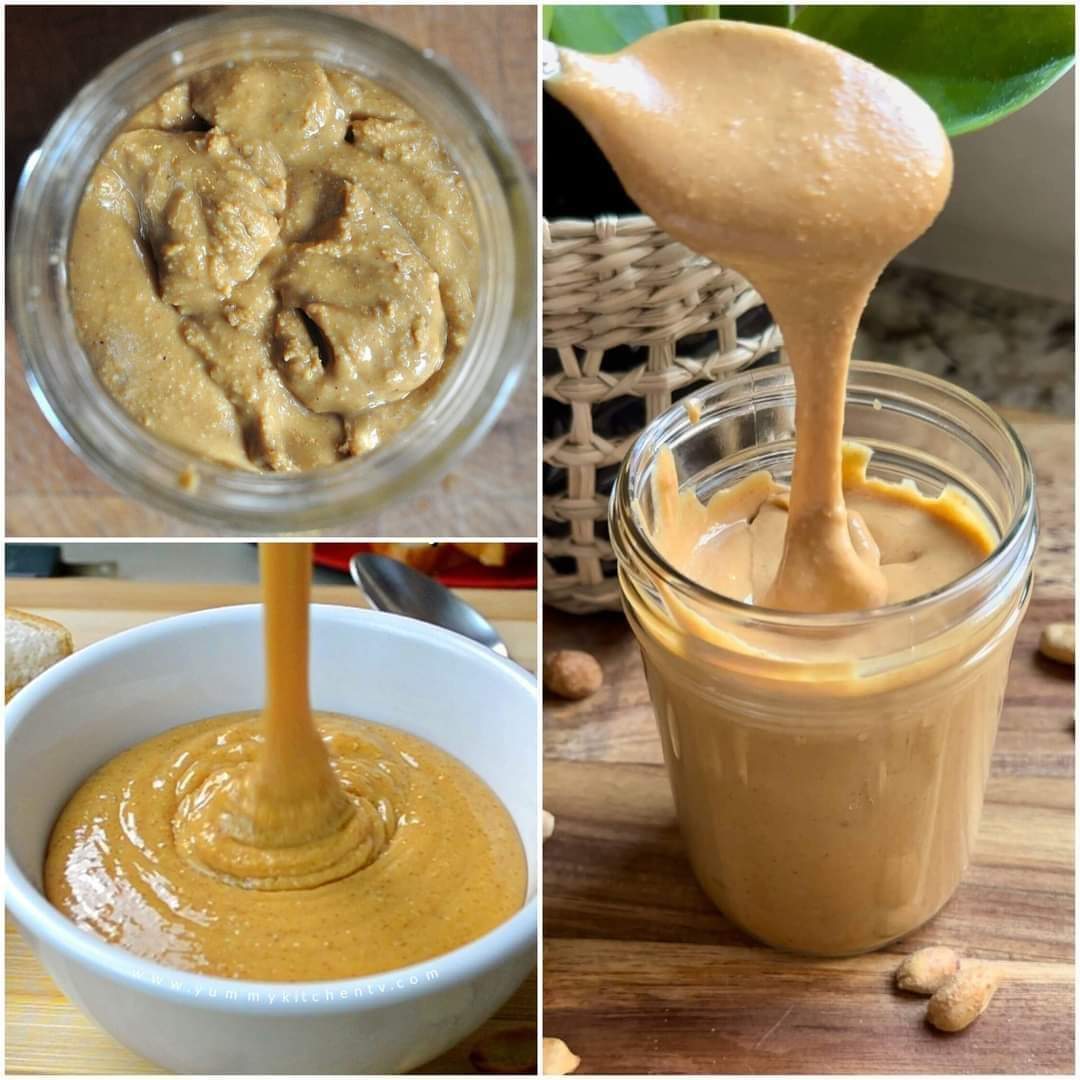Peanut butter is a staple in many households, loved for its creamy texture and rich flavor. It’s often considered a quick source of protein and is a favorite in sandwiches, smoothies, and snacks. However, there are a few reasons you might want to pause and reconsider how frequently you’re reaching for that jar of peanut butter. Here’s a closer look at some considerations that might make you think twice.
1. High in Calories and Fat
Peanut butter is quite calorie-dense, with about 190 calories and 16 grams of fat per two-tablespoon serving. While it does provide a good amount of healthy monounsaturated and polyunsaturated fats, it’s also high in saturated fats, which should be consumed in moderation. For those mindful of their calorie intake or managing their weight, peanut butter can quickly add up.
2. Contains Added Sugars and Fats
Many commercial peanut butters contain added sugars and hydrogenated vegetable oils to enhance flavor and texture. These additions can turn peanut butter from a healthy choice to a less desirable one, especially if you’re watching your sugar intake or concerned about trans fats, which are linked to heart disease.
3. Allergy Considerations
Peanut allergies are one of the most common food allergies and can be severe. Even if you’re not allergic, having peanut butter in the home can pose a risk to guests who might be. It’s crucial to be aware of this if you frequently host friends or family.
4. Risk of Aflatoxins
Peanuts are susceptible to contamination by a mold called Aspergillus, which produces aflatoxins. These substances are known carcinogens and can be harmful in high amounts. Most commercially available peanut butters undergo rigorous testing to ensure safety, but it’s a point of concern worth being aware of.
5. Impact on Digestion
For some, peanuts can be hard to digest and may cause gastrointestinal discomfort. This is because peanuts contain complex proteins that some stomachs may struggle to break down.
